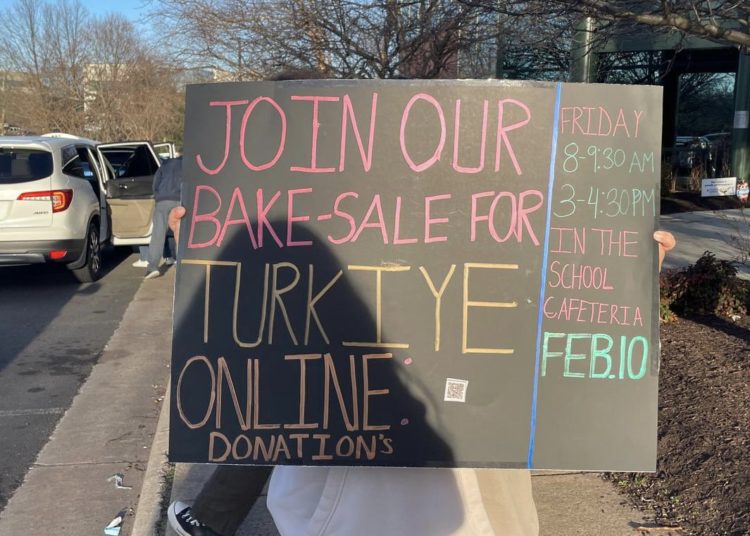Levent Kenez/Stockholm
The government of Turkish President Recep Tayyip Erdoğan has been facing harsh criticism from the opposition for failing to launch rescue efforts immediately following twin earthquakes on February 6, which have killed more than 40,000 people in Turkey according to the latest official figures, and for its inability to coordinate relief and recovery support. Erdoğan refuses to admit any wrongdoing and insults people who level criticism at his government’s performance. The government also discredits the efforts of civil society both at home and abroad, convinced that their work makes the government look weak.
Standing in front of the cameras 36 hours after the earthquakes struck, Erdoğan announced that a state of emergency had been declared and said he was making note of statements in the media against the government and that prosecutors would take action when the time was right. Moreover, Erdoğan described those who claimed that search and rescue and military teams did not reach devastated Hatay province immediately the earthquakes, which he visited on the third day after the disaster, as dishonorable and dishonest people.
Besides the criticism, another thing that disturbed the government was the nongovernmental organizations that won the support and trust of millions in the country since the government does not inspire confidence in the proper use of cash and in-kind aid.
For instance, many people on social media suggested that donations made to state institutions would not be used for earthquake assistance, recommending that donations be sent to the Foundation of Anatolian People and Peace Platform (AHBAP), founded by singer Haluk Levent.
After AHBAP became increasingly popular among donors, journalists working at government-funded outlets began an intimidation campaign directly targeting Levent and spreading stories that he was not a reliable person. Some also brought up Levent’s former links to loan sharks because of his gambling debts in the past.
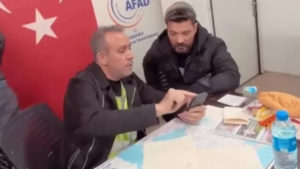
Erdoğan ally Devlet Bahçeli, leader of the far-right Nationalist Movement Party (MHP), in an address to party lawmakers on February 15 said, “Where couldn’t the state reach, what couldn’t it do to cause AHBAP and BaBaLa TV to flap their wings like vultures? These fakes shouldn’t be on Turkish TV!”
The same day, Turkish Interior Minister Süleyman Soylu said during a press briefing in Kahramanmaraş that they would “do what is necessary” regarding any civil society organizations that abuse the government’s cooperation with them in relief efforts by equating themselves with the state, hinting at AHBAP.
Many social media users wrote that the Erdoğan government would seize AHBAP and confiscate the aid it has collected, just like it did to critical NGOs in the past. Worried that legal action against him was imminent, Levent shared images and videos showing that his organization was working in full cooperation with the state-run Disaster and Emergency Management Agency (AFAD), which is where the government wants all aid to be sent. In addition Levent had to share several political tweets in line with the government’s narrative against critical groups. However, despite this, Levent was not allowed to participate in a fundraising campaign that aired live on almost all TV and radio stations across Turkey last week. Many in Turkey believe that the government did not take any action regarding AHBAP at the height of the disaster to avoid people’s angry reactions but that in the coming days, it will take steps to end its effectiveness. Levent promised to use the funds wisely and not let any organization hijack them.
Another person who found himself on the government radar since he is engaged in relief efforts in the earthquake-stricken region is YouTube celebrity Oğuzhan Uğur, son of Col. Hasan Atilla Uğur, who was accused of extrajudicial executions of Kurds in the ’90s.
Uğur was questioned by a prosecutor for causing panic among the public after information that turned out to be untrue was shared by BaBaLa TV’s Twitter account. BaBaLa TV had tweeted that some places in the disaster area would be flooded due to damage to a dam in the region. Uğur later claimed that his team had received this information from the authorities. Uğur, like Levent, took a step back by choosing to compromise with the government, even announcing that he would transfer the cash from abroad to AFAD. Many people expressed disappointment at this decision, stating that if they trusted AFAD, they would have helped it rather than Uğur’s organization.
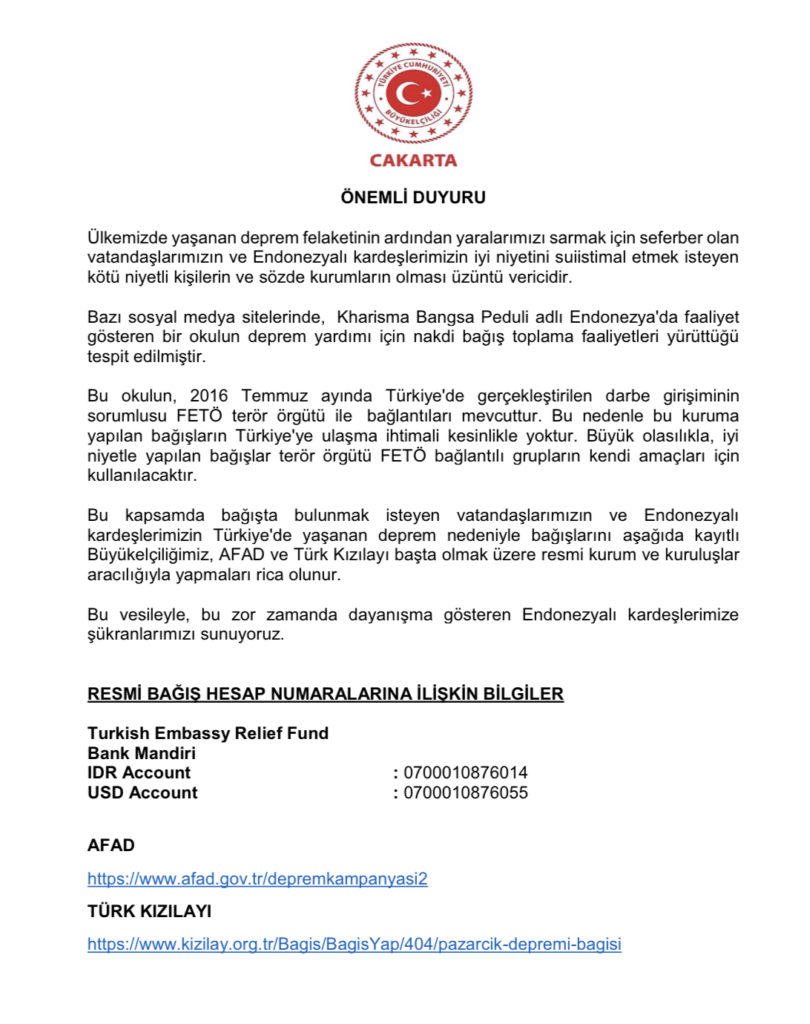
The Erdoğan government’s discomfort with NGOs that deliver aid to earthquake victims is not limited to those in Turkey. Deputy Foreign Minister Yasin Ekrem Serim in a statement to the Sabah daily, which is run by Erdoğan family members, claimed that terrorist organizations were raising money by organizing bake sales and social events for earthquake aid. Serim called on citizens living abroad to help only through AFAD, embassies and government agencies. The government describes members of the Gülen movement, a group critical of President Erdoğan, and Kurdish dissidents as “terrorists.”
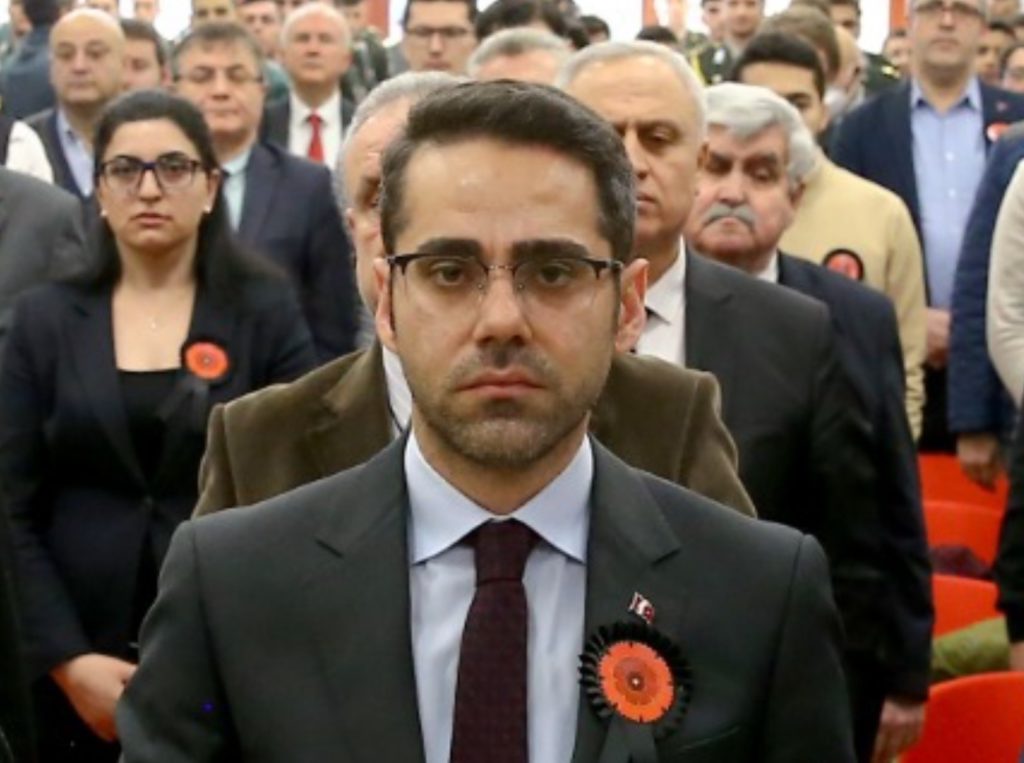
It’s no secret that members of the Gülen movement who had to flee Turkey to avoid persecution collected a large amount of aid and sent it to the disaster area by way of international charities.
The Turkish Embassy in Washington, D.C., refused to accept some boxes filled with earthquake assistance on the grounds that they came from an association affiliated with the Gülen movement. Some members of the Gülen movement also announced that they had donated to AHBAP. Some speculate that the reason Uğur announced he would donate cash aid from abroad to AFAD was that he feared prosecution.
Meanwhile, Turkish embassies’ designating of mosques run by the Diyanet, Turkey’s notorious religious authority, as collection centers for aid to earthquake victims and the Diyanet Foundation as the place to send cash donations drew criticism.
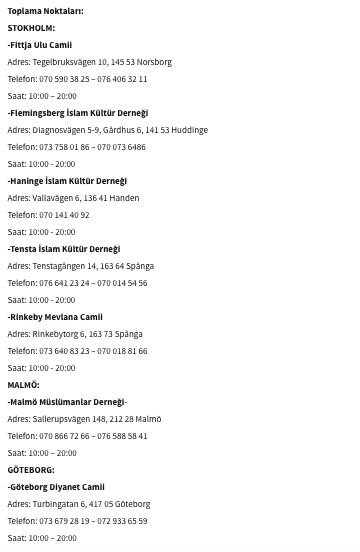
As a side note, Kimse Yok Mu, Turkey’s largest charity for delivering aid to disaster areas, was shut down by the government in 2016 for affiliation with the Gülen movement, and donors were accused of providing financing to a “terrorist” organization.
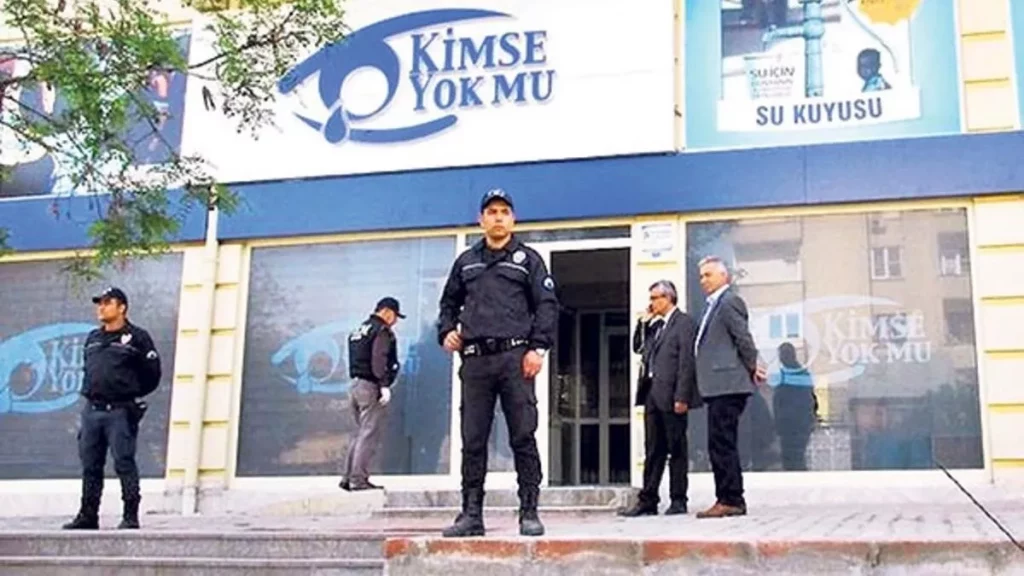
Not only nongovernmental organizations but also the activities of municipalities run by opposition parties in the earthquake-hit area provoked a negative government reaction. Vice President Fuat Oktay said they allowed vehicles owned by the Ankara Municipality, run by the main opposition party, to help repair the Hatay airport, whose runway was cracked in the earthquake, denying that municipalities took the initiative on their own and worked in the region.
“Will a municipality do what the state can’t do? Who are you?” Oktay added.
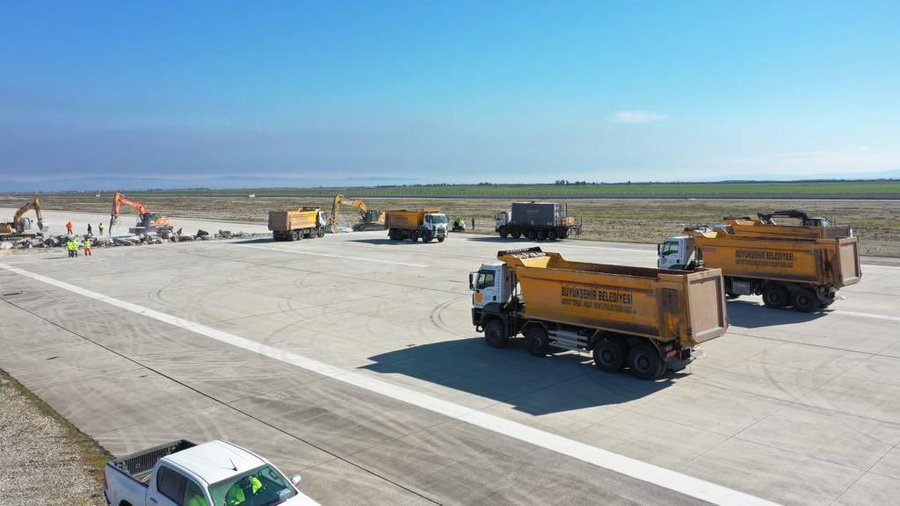
On February 10 former ruling party lawmaker Nursel Reyhanlıoğlu verbally attacked İstanbul Mayor Ekrem İmamoğlu, who was participating in rescue efforts in the disaster area, insulting İmamoğlu and saying “You are putting on a show. British servant, get out. Go to İstanbul.” Reyhanlıoğlu, who ran after İmamoğlu and continued the insults, was heard repeatedly calling him a British servant.
All these things sadly show that Turkey has not learned any lessons from the disasters it has experienced over the years. In a catastrophic earthquake that struck the Marmara region in northwestern Turkey in 1999, the pro-secular government of the time made it difficult for Islamist foundations and associations to deliver assistance to the disaster area. Ironically, the Islamic government is now blocking associations that are secular or critical of it from providing aid to earthquake victims in 2023.

